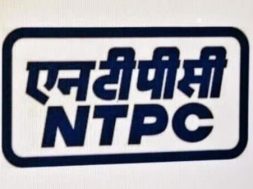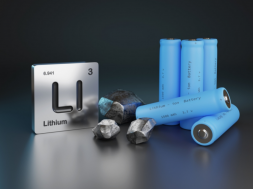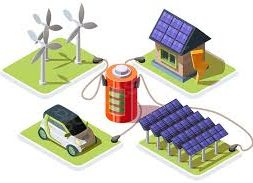
In Short : India has mapped fresh hotspots for rare earth metals spanning Papum Pare in Arunachal Pradesh to Singrauli in Madhya Pradesh. This move comes amid concerns over China’s control of global supplies. The exploration aims to strengthen India’s critical minerals ecosystem, support clean energy and technology manufacturing, and reduce import reliance for strategic sectors.
In Detail : India has identified new hotspots for rare earth metals, ranging from Papum Pare in Arunachal Pradesh to Singrauli in Madhya Pradesh. These discoveries come at a time when global concerns are mounting over China’s dominance in the critical minerals supply chain. The government is stepping up efforts to secure domestic sources for future demand.
Rare earth metals play a vital role in the renewable energy sector, electric vehicles, and advanced electronics. With clean energy transitions accelerating worldwide, the demand for these minerals is expected to surge. India’s exploration strategy is aimed at building a resilient supply chain independent of external pressures.
The Ministry of Mines has prioritized mapping and exploration across multiple states. Geological surveys and advanced exploration techniques are being deployed to identify resource-rich regions. This approach is part of India’s long-term plan to achieve mineral security while boosting its clean energy ambitions.
Papum Pare in Arunachal Pradesh has emerged as a key potential site for rare earth deposits. Meanwhile, Singrauli in Madhya Pradesh, already known for its energy production, is now being recognized for its rare earth potential. Together, these sites can significantly expand India’s mineral resource base.
The government has emphasized that reducing import dependence is a national priority. Currently, India relies heavily on imports of rare earth metals, especially from China. By tapping domestic reserves, India hopes to enhance self-reliance and ensure uninterrupted supply for critical industries.
Industry experts believe that developing a robust rare earth supply chain will also attract new investments. It can position India as a reliable supplier to global markets, particularly for clean technologies. This aligns with India’s vision of becoming a hub for renewable energy manufacturing.
The exploration push is also supported by international collaborations. India is working with allied nations to strengthen its technological expertise in mining and processing rare earths. Such partnerships will be key to overcoming challenges in extraction and refining.
At the same time, the government is mindful of environmental sustainability. Mining operations for rare earths can be complex and resource-intensive. Efforts are underway to ensure that exploration and extraction are carried out responsibly with minimal ecological impact.
The discovery of fresh hotspots marks a significant step in India’s journey toward mineral independence. By securing rare earth metals domestically, India is positioning itself strongly in the global energy transition. The focus on self-reliance, sustainability, and innovation underscores the nation’s determination to lead in clean energy and advanced technology.













